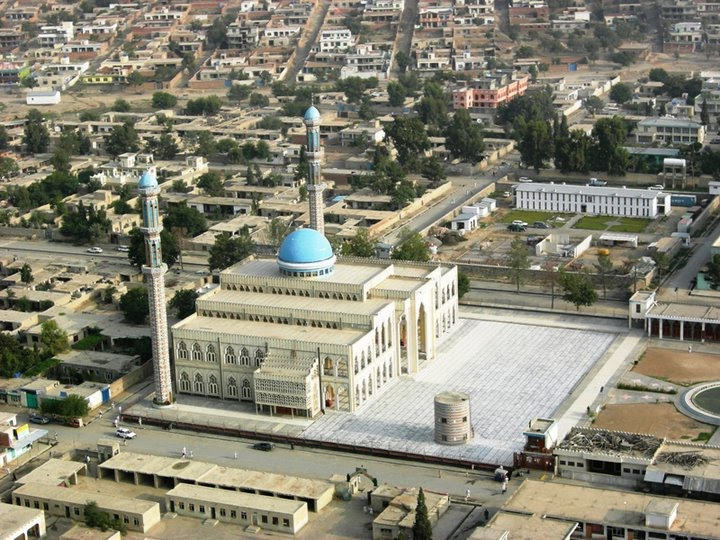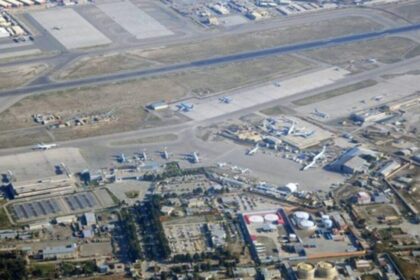RASC News Agency: At least two people were killed and four others injured following an armed confrontation between two families over a land ownership dispute in the eastern province of Khost, local sources confirmed. The deadly clash occurred on Friday evening, October 24 l, in the Sabri district, laying bare the persistent lawlessness and judicial collapse under Taliban rule.
According to Tahir Ahrar, the spokesperson for the Taliban’s police command in Khost, the altercation began as a verbal argument but rapidly escalated into armed violence. Taliban forces arrived only after the bloodshed had taken place and subsequently detained seven individuals in connection with the incident. Ahrar claimed the case had been referred to judicial authorities for “further investigation.”
However, residents and local observers reject this official account, saying the Taliban’s intervention came too late and their so-called investigation process lacks any semblance of impartiality or professionalism. Locals describe the Taliban’s justice system as opaque, arbitrary, and deeply corrupt—a system where decisions are often influenced by tribal affiliations, favoritism, and bribes rather than evidence or law.
One resident of Sabri district told RASC that the violence erupted in a community already fraught with long-standing land conflicts. “We have no proper legal documents anymore, and the Taliban courts don’t recognize the old government’s land records,” he said. “When there is no law, people have no choice but to defend their property with guns.”
Analysts note that land-related violence has intensified across eastern and southern Afghanistan since the Taliban’s return to power. The collapse of the former republic and the abolition of the national property registry system have left thousands of families without proof of ownership. In the absence of legal safeguards, land grabbing and violent disputes have become rampant, often fueled by Taliban commanders and affiliated militias who exploit the chaos for personal gain.
Experts on Afghanistani social affairs warn that the Taliban’s primitive judicial apparatus—based on fear, coercion, and clerical decrees—has fostered a climate of impunity. “People no longer trust Taliban courts because verdicts are sold to the highest bidder,” said a civil rights activist in Khost, who requested anonymity for security reasons. “Justice has become a commodity, and those without power or connections are silenced.”
Under the Taliban’s authoritarian system, the absence of an independent judiciary and transparent land administration has eroded the last remnants of civil order. The regime’s courts operate under clerical figures with little to no legal training, while local disputes are often resolved through intimidation rather than mediation. In many cases, Taliban officials themselves are accused of taking sides in land disputes or profiting from confiscated properties.
The growing number of violent land conflicts—particularly in Khost, Paktia, Kandahar, and Helmand—highlights a broader governance vacuum that continues to destabilize rural Afghanistan. The Taliban’s failure to establish credible legal institutions has left communities trapped between violence and despair, where every argument risks turning into bloodshed.
While the Taliban leadership frequently boasts of “security and order” under its rule, the reality across Afghanistan’s provinces is one of unregulated violence, social fragmentation, and judicial collapse. Each new tragedy, like the one in Khost, stands as a grim reminder that the group’s rule has delivered neither stability nor justice, but rather a sustained erosion of the very fabric of Afghanistani society.






